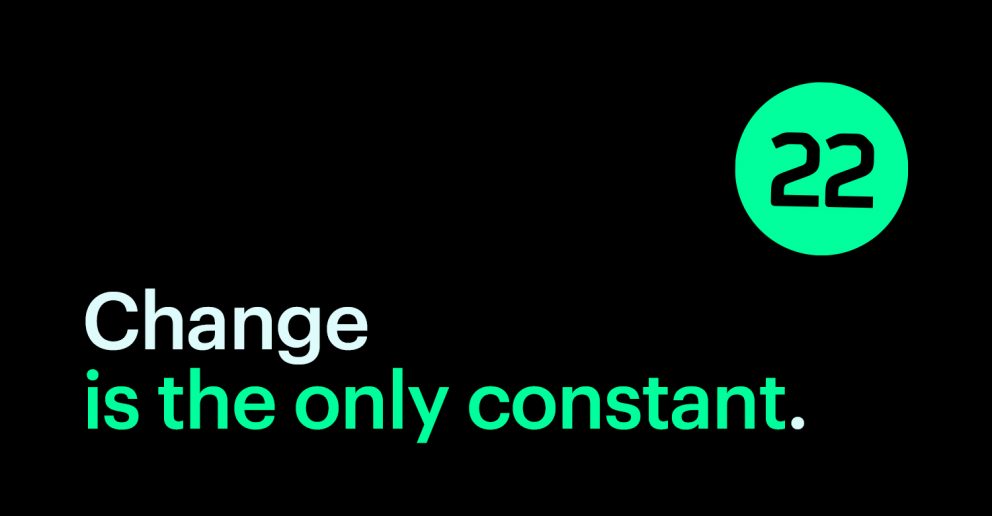Within the space of a week, a week that has seemed to span a year, it's already become a cliché to call these times 'unprecedented.'
COVID-19 has changed the landscape, politically, socially and economically, so dramatically that normal things like commuting to the office now seem like relics of the past.
I don’t think it’s alarmist to say real structural change is occurring during this period. Uncertainty is the new normal and change is the only constant.
What then, does this mean for business, for day-to-day survival? And, most importantly, what can we do to weather the storm?
Content and communication
If you haven't already, consider your content marketing strategy.
It may seem like a low priority task, but communication, now more than ever, will oil the wheels of commerce - or, at least, nurture those important leads for when the time is right.
Customers, prospects, leads, employees - all need clear channels of communication.
With the majority of the country now working from behind a screen, it is important to remain connected. Content marketing is a cheap, quick way to directly engage with your audience.
Communication during turbulent times is hugely important, but it may be overwhelming when you feel swamped. Maybe we can help. As our resident copywriter, I would be more than happy to create bespoke content for you (for emails, website, banners, social media) absolutely free. Email jess@22group.co.uk for more details.
Consider reinvention
It may be wise to throw away the rule-book. If your traditional ways of working are suddenly rendered meaningless, consider doing a 180.
The companies quickest off the mark have been those who recognised the necessity of changing direction, and did so swiftly.
Examples of this are LVMH, the French luxury goods company behind Louis Vuitton, making hand sanitiser free of charge for the use of French hospitals and public services.
More practical pivots include restaurants who have closed their doors, but who are still offering food via delivery.
Be mindful of your reputation
In unprecedented times, consumers will remember how companies acted. We’ve seen examples of this already.
CEO of Topshop, Philip Green, made the decision to let his workers go without pay. This provoked a social media backlash, with many calling for a boycott of all Green’s stores.
Mike Ashley, owner of Sports Direct, also faced criticism for refusing to close his stores, claiming they offer ‘essential services.’ His sudden, and already infamous, U-turn looks likely to tarnish his reputation – for how long is yet to be seen.
Reputational risk may not seem high on the list of short-term concerns, but its impacts will be long-lasting and potentially ruinous. Brand reputation can be nurtured through transparent communication and actions that are in line with company values.
For example, Marks and Spencer, the quintessentially British brand, have widespread customer loyalty spanning generations and a solid reputation. The M&S brand survived recessions and two world wars, always prioritizing their values above everything else. During World War Two they helped to patent the design for utility clothing and raise funds for the RAF. For more on the importance of brand values, read here.
Customer loyalty isn't a solution to every problem, but it can act as a reassuring life-jacket when the storm hits – and in the aftermath that follows.
Stay safe!
Jess
Jess Cawdron
Copywriting & Marketing
0161 672 7822

